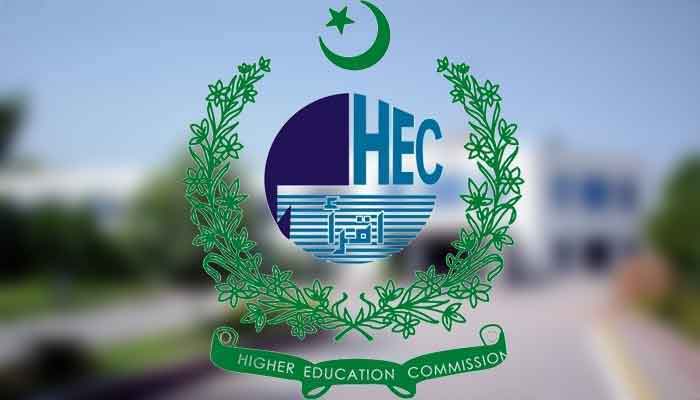Asymmetric Approach to Investigating the EKC hypothesis: Evidence from the BRICS Countries
Keywords:
EKC hypothesis, Economic growth , decomposition, BRICS, renewable energy consumptionAbstract
Environmental challenges have emerged as one of the most critical matters affecting the globe today. Human-caused carbon emissions are the primary causes of these environmental challenges, and in order to decrease and mitigate their impacts, officials throughout the world are constantly researching their drivers and determinants. BRICS is considered as significant part of world economy and energy markets. This study examines the EKC hypothesis for the BRICS while applying nonlinear ARDL approach that distinguishes it from previous studies. For this purpose, this study decomposes the per-capita income (GPC) series into two components: the positive and the negative series. Empirical findings indicate that in the decomposed model, the coefficients of positive series of GPC and GPC2 have significant negative and positive signs respectively in all countries of the region which supports the EKC hypothesis. Results imply that BRICS governments need to focus to lower to reduce their very considerable dependence on fossil fuel. The clean energy evolution can lead to the abandoning of fossil fuel assets, including those retained or supported by governments.
Downloads
Published
How to Cite
Issue
Section
License
Copyright (c) 2025 Journal of Contemporary Macroeconomic Issues

This work is licensed under a Creative Commons Attribution-ShareAlike 4.0 International License.







